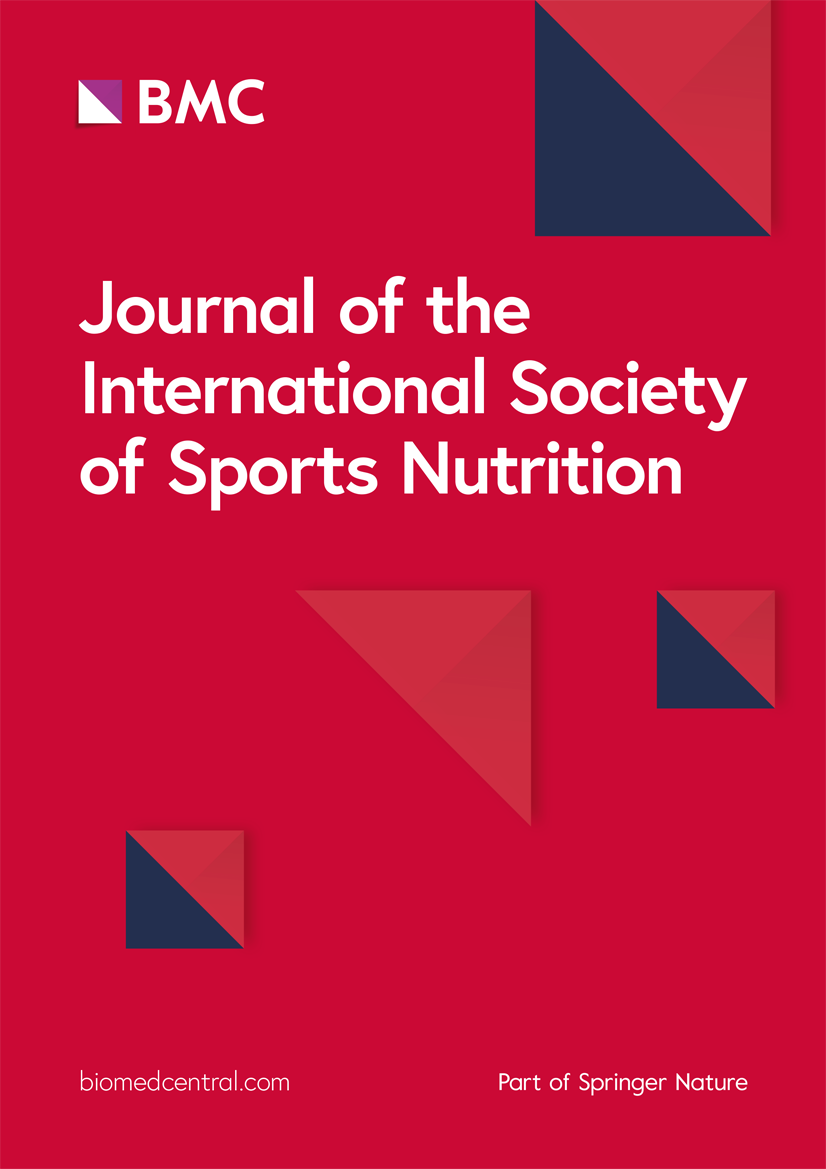MidWestJack
Member
- Awards
- 0
Hi yall,
Over the last year or so I've been contemplating my use of BCAAs and whether or not they are even beneficial. It seems monthly I come across a podcast, an article, friends, gym bros, someone making an argument that BCAAs are a waste of money. Now I've been taking MyProtein BCAAs for over 5 years, always intra-workout, post-workout I drink whey which also contains BCAAs.
This is how my brain works, ESPECIALLY on a cut, BCAAs are important due to the lack of calories, aiding you in muscle breakdown. This is starting to be the only reason I would consider continuing to buy BCAAs. Is that false to assume?
I recently came across a pretty interesting article that may have tipped the scale for me to the other side.

 the-unwinder.com
the-unwinder.com
Im curious can anyone shed some light to dumb it down to me why I should continue supplementing BCAAs and who here swears by them
Over the last year or so I've been contemplating my use of BCAAs and whether or not they are even beneficial. It seems monthly I come across a podcast, an article, friends, gym bros, someone making an argument that BCAAs are a waste of money. Now I've been taking MyProtein BCAAs for over 5 years, always intra-workout, post-workout I drink whey which also contains BCAAs.
This is how my brain works, ESPECIALLY on a cut, BCAAs are important due to the lack of calories, aiding you in muscle breakdown. This is starting to be the only reason I would consider continuing to buy BCAAs. Is that false to assume?
I recently came across a pretty interesting article that may have tipped the scale for me to the other side.

Are BCAAs Worth It? Here's Why They're Probably Not
The science on BCAAs is shaky at best. Most studies show no benefit whatsoever, and many are performed under unrealistic conditions.
 the-unwinder.com
the-unwinder.com
Im curious can anyone shed some light to dumb it down to me why I should continue supplementing BCAAs and who here swears by them



